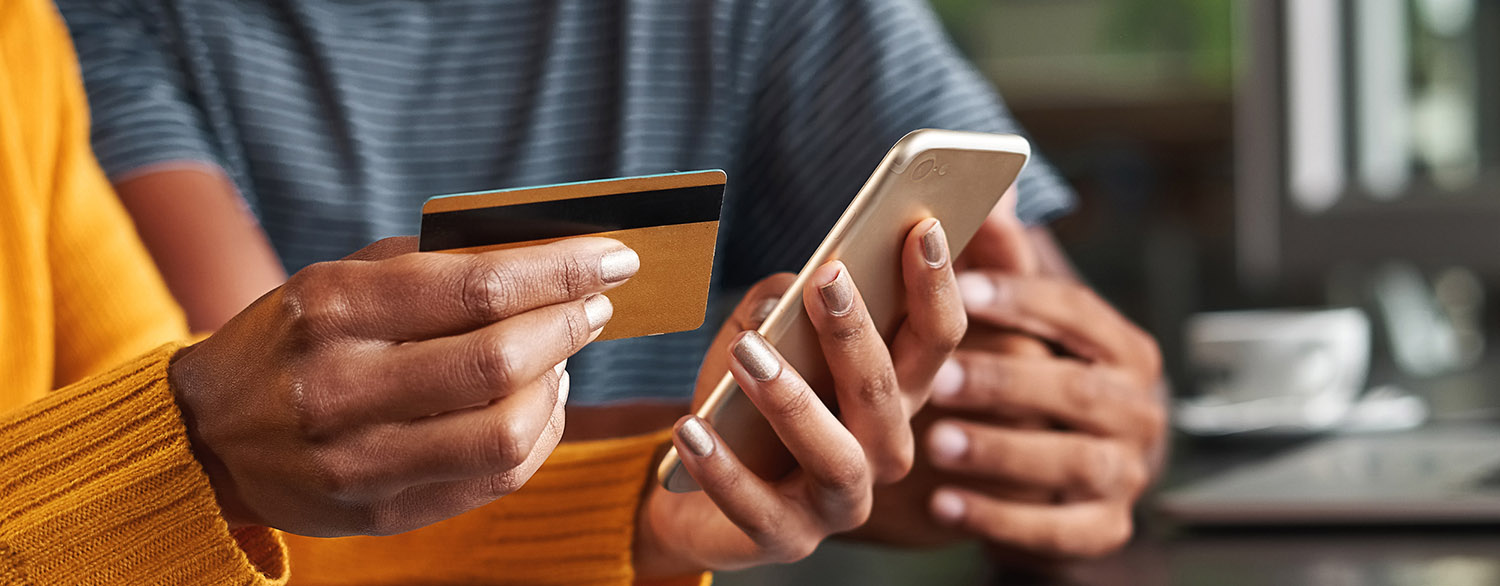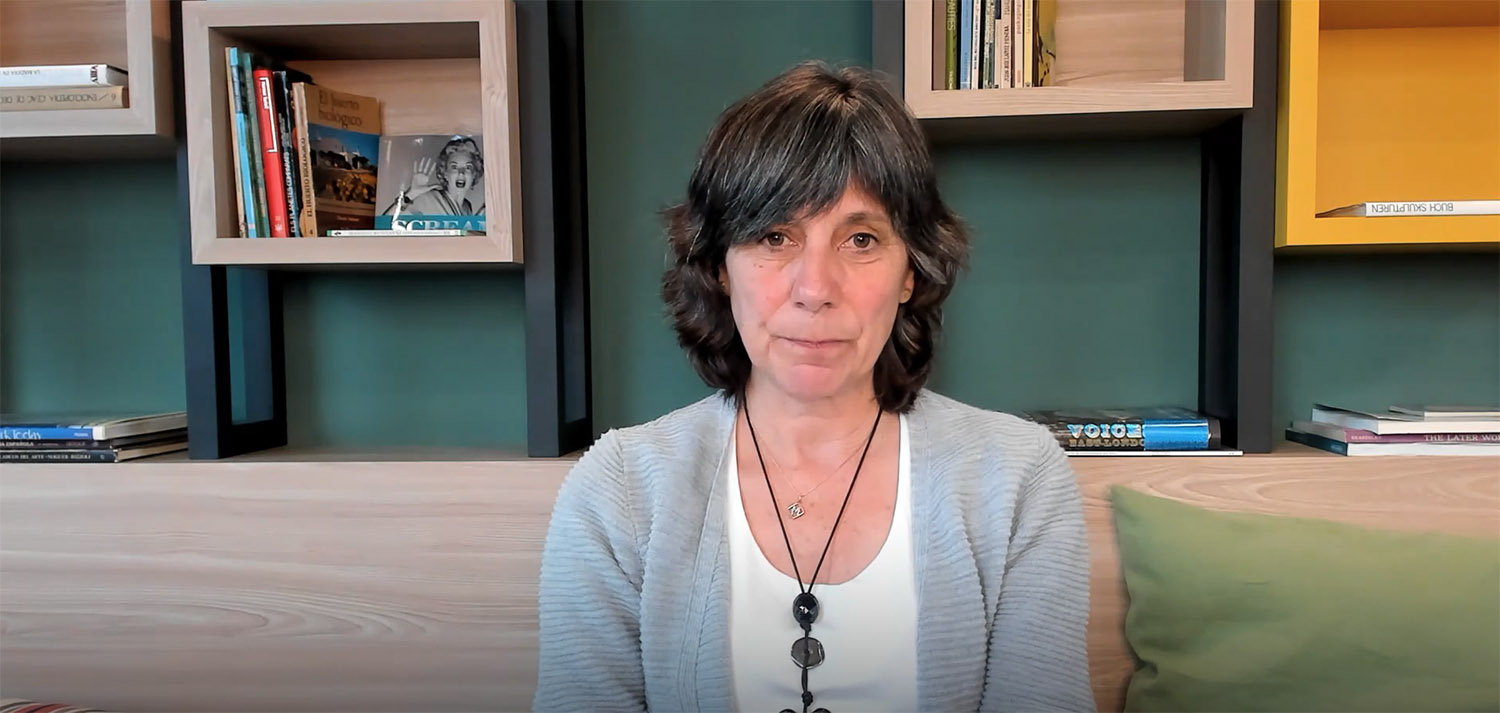

How to protect ourselves from online scams
Every year, there are millions of people around the world who suffer the effects of online scams. Digitalisation has accelerated this increasingly common type of digital crime, but how can we prevent and avoid the serious effects that result from it?
Physical and digital scams: what is the difference?
Scams have always been present in the daily lives of all of us. Who hasn’t felt cheated in discovering that a product wasn’t what they expected? Who hasn’t seen the need to keep a close eye on their belongings while watching a street show in crowded places like the Rambles in Barcelona? Online scams are these events, but focused on the digital realm, which involves the theft of our identity or our money through various shenanigans, just like in real life.
The fundamental reason why they are booming is that, in the face-to-face world, we have much more experience in avoiding them. We have been doing it all our lives, while online fraud is a new event for most of us and they are much more difficult to avoid, especially for those who are not yet fully accustomed to the digital realm. How can we protect ourselves?
Information is power
The key word is prevention. As the saying goes: no use crying over spilt milk. A phrase that, in the digital world, is a perfect fit. Unlike what happens in many physical scams, in online fraud it is very difficult to identify the author, so it is complicated to prosecute them and get them to return what they have stolen. Therefore, the best option is to take enough precautions so that it does not happen.
One of the most important is controlling the information we give about ourselves on the Net. And it is worth remembering that many virtual scammers take advantage of information that people may have left accessible in the cloud to try to make them fall into a trap: for example, receiving a message from a supposed messaging company the day you wait for a package can be the perfect setting to open a fake message and fall into the trap.
The best thing we can do, then, is to make things difficult for them and avoid sharing details on the internet that we don’t want strangers to know. That may mean changing privacy settings on our social networks, for example, by setting the profile as private, or restricting the information that people that you have not added as contacts can see.
In addition, we should also be vigilant with the information we give to third parties. If in an email, message, or call they ask you for personal information or a password, check that the sender of the message is actually who they claim to be, for example, by comparing the sender of the email with the information on the sender’s official website.
Protect your account to protect yourself
The other aspect that we must not neglect is the level of protection of our accounts, whether those of our social networks, our e-mail, or the bank’s application. It is advisable to have a strong password, if possible, one that includes numbers, letters (both uppercase and lowercase), and some special characters, such as a question mark or quotation marks.
Likewise, it is also recommended activating two-factor or two-step authentication on the pages where we can activate it. It is a security feature that activates two different user identification processes instead of one, so an outside person would need to have stolen much more personal information in order to access the account.
Protect yourself without becoming obsessed
More and more crimes are being committed online, but that doesn’t mean we have to become obsessed with security measures. As in real life, no matter how much care you take, sometimes you may be robbed, and the same goes for the digital realm: you may have protected yourself at a high level but, in every little detail, the possibility of a third person seeing it and taking advantage of it.
All in all, enjoying social media and surfing the internet safely is possible, and following these tips will serve as a precautionary measure. Of course, we must always remember that the risk exists, and therefore it is not worth making us paranoid in this regard, as the results can be counterproductive. Common sense, the avoidance of all those practices that we believe are not convenient for us, and controlling our privacy will be key in this fight against online fraud.
Do you want to be the first to receive the latest news about 11Onze? Click here to subscribe to our Telegram channel






Merci, gràcies pels consells👌
👌
Gràcies, Rosa! Ens veiem per La Plaça.
👍
Gràcies, Joan! Ens veiem per La Plaça.
Ben explicat i definit
Gràcies, Ricard! Ens veiem per La Plaça.
Cada dia són més sofisficats fent estafes aneu amb compte
Tens tota la raó Alex. Per això cal estar a l’atent en les nostres actuacions a les xarxes socials i a internet, perquè sense voler estem dient molt de nosaltres.
Bons consells, va bé que me’ls recordin.
Gràcies, Meritxell! Ens veiem per La Plaça.
Caram amb els ing, diferents per estafar
Sinceramentvno en tenia n’idea
Gràcies per l’informació
Gràcies per seguir-nos, Alicia! Et convido a seguir aprenent junts a la Plaça.